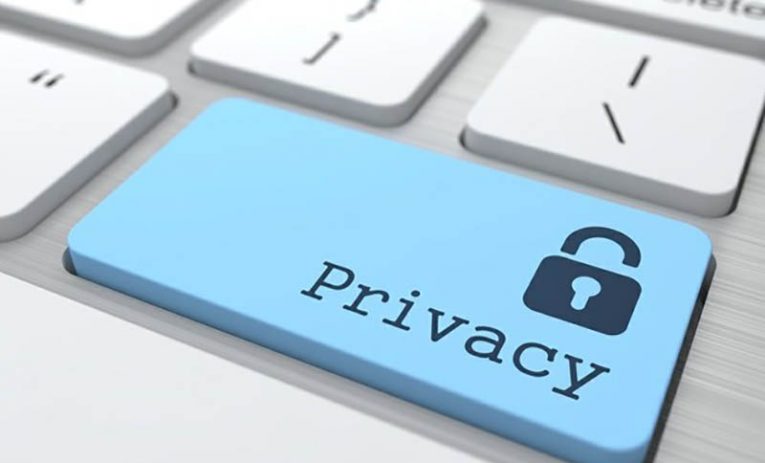How to protect your data privately?
Bisnis Integrasi Global is a technology company who offers multiple digital applications.

Photo: Google Images
Anxiety about data security and privacy in cyberspace is very reasonable. If our data privacy get known by someone who will use it in negative ways there will be a lot of misuse or data theft. According to statistical data collected by Risk Based Security, data theft reached 4.1 billion from data stored in cyberspace in 2019. Compared to 2018, the number of reported violations increased by 54% with the amount of data exposed to 52%. However, don’t panic, here are eight ways you can take care of your data privacy online.
- Determine the Right Type of Privacy Settings
If you have a social account, you might be surprised how data can be seen by anyone on the Internet. That is why it is strongly recommended to check the privacy settings in terms of deciding what info you want to share with strangers versus your friends or even that no one else can know besides yourself. Besides you have to determine the right type of privacy settings, it would be better if you separate public accounts from more private accounts.
- Don’t Use Public Storage Space for Personal Information
Excessive sharing is not limited to social networking. Don’t use online services that are meant to share information about your personal data. For example, Google Docs is not the ideal place to store a password list, and Dropbox is not the best place for scanning passports unless it’s stored in an encrypted archive. Don’t use services that used for share information as a place to store personal data.
- Prevent Data Tracking
When you visit a website, the browser you use will reveal a lot about you through search history. Marketers can use that information and target your profile to share advertisements. However, the more frightening thing is if the hacker knows the data. incognito mode cannot prevent such tracking; you need to use special tools to block them like Disconnect, uBlock origin, Ghostery, and uMatrix,
- Use Instant Message Applications with End-to-End Encryption
Most modern instant messaging applications use encryption, but in many cases the type of encryption used is transit encryption, i.e. the message is decrypted at the provider side and stored on its server. What if someone hacked the server? Don’t risk it and choose end-to-end encryption that doesn’t even allow the message service provider to see your conversation. An example of a messaging application that uses end-to-end encryption is WhatsApp.
- Review Permissions for Mobile Applications and Browser Extensions
The mobile application asks you to give them permission to access contacts or files in device storage, use the camera, microphone, geolocation, and so on. Some really can’t work without this permission, but some use this information to create your profile for marketing (and worse). The same thing applies to browser extensions that also have a tendency to spy on those who are not profitable. So review these two things carefully.
- Secure your smartphone and computer with a password or code
Computers and smartphones store a lot of data that is better kept secret so it must be protected with a password. This password does not have to be complicated and unique, but it must strong enough. On mobile devices, it’s better to use a six-digit PIN or an actual password, rather than just a four digit or screen lock pattern. For devices that support biometric authentication, it is very good to use fingerprints or identification, but this technology also has limitations.
- Be Careful in Using Wi-Fi Networks
Public Wi-Fi networks usually don’t encrypt data traffic. It means anyone on the same network can try to snoop on your data traffic. Avoid sending any sensitive data, such as login information, passwords, credit card data, and so on via public Wi-Fi. We recommend using a VPN to encrypt the data that you store and protect it from snooping.
- Save the Primary Email Address and Strict Phone Number
What happens if you often share your e-mail address and telephone number? Lots of spam in your inbox and robot inbox on your smartphone. If you cannot avoid sharing this information with online shopping services, you should not share it with just anyone on social networks. Consider for creating separate and disposable email addresses and, telephone numbers as well (if it’s possible). You should create an additional e-mail account and buy an additional SIM card that can be used for online shopping and other shopping that requires you to share data.
Privacy is a human right. In a virtual world full of traps, online data privacy that you are entitled to must be taken seriously. Never neglect to take the steps necessary to maintain the security of your data. Every time a hacker will look for loopholes to be able to get data that spread in cyberspace, either distributed or random. Stay careful about sharing information because some things are expected to only be owned by yourself.
CONTACT US
- Phone +6221 2788 3900
- Email sales@big-solution.net

